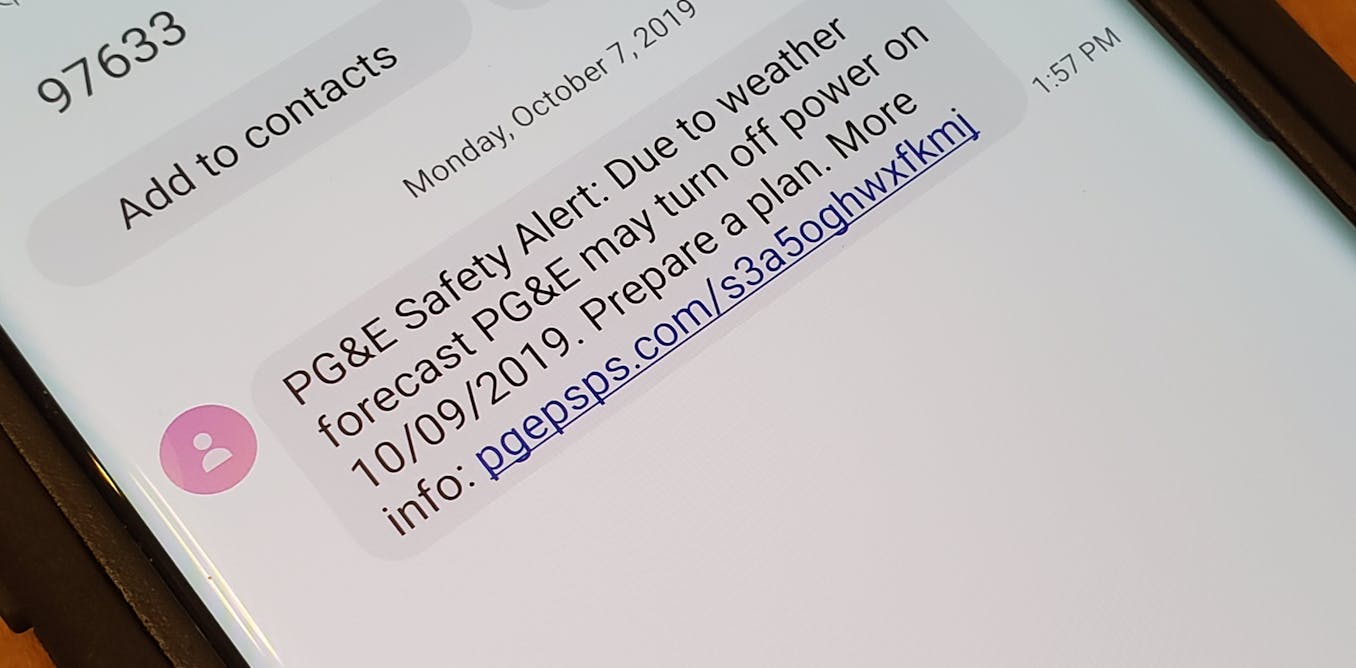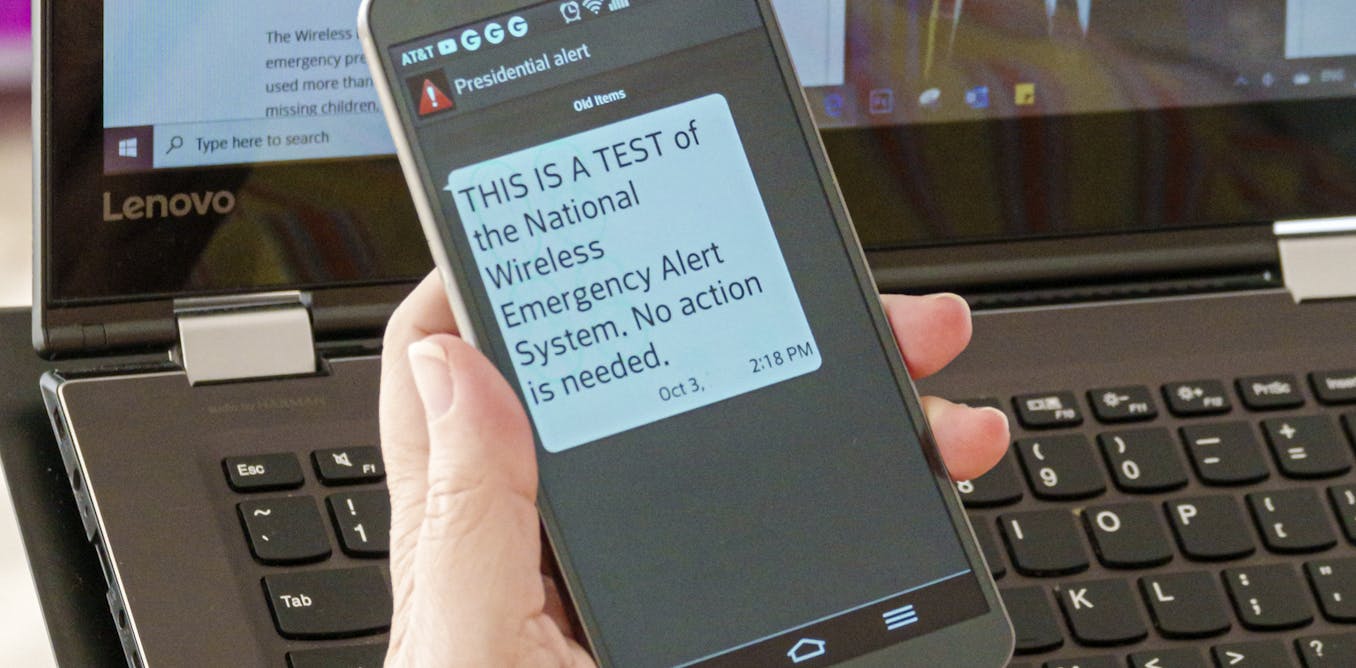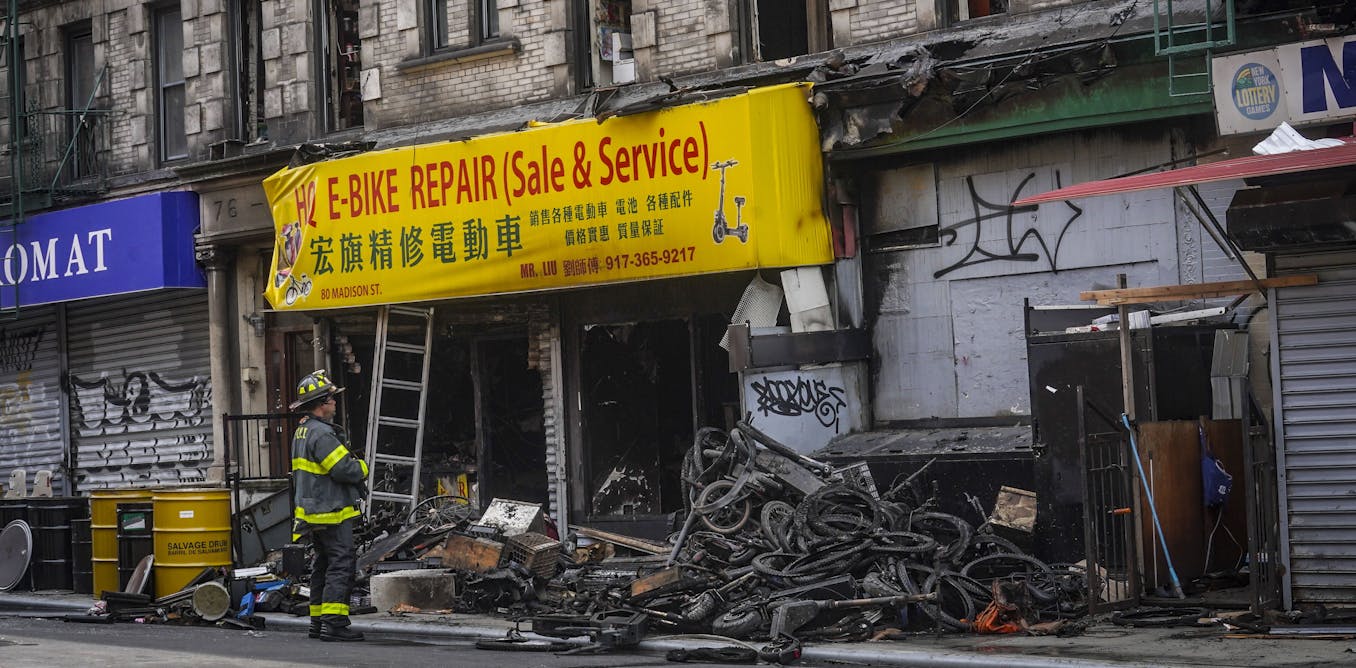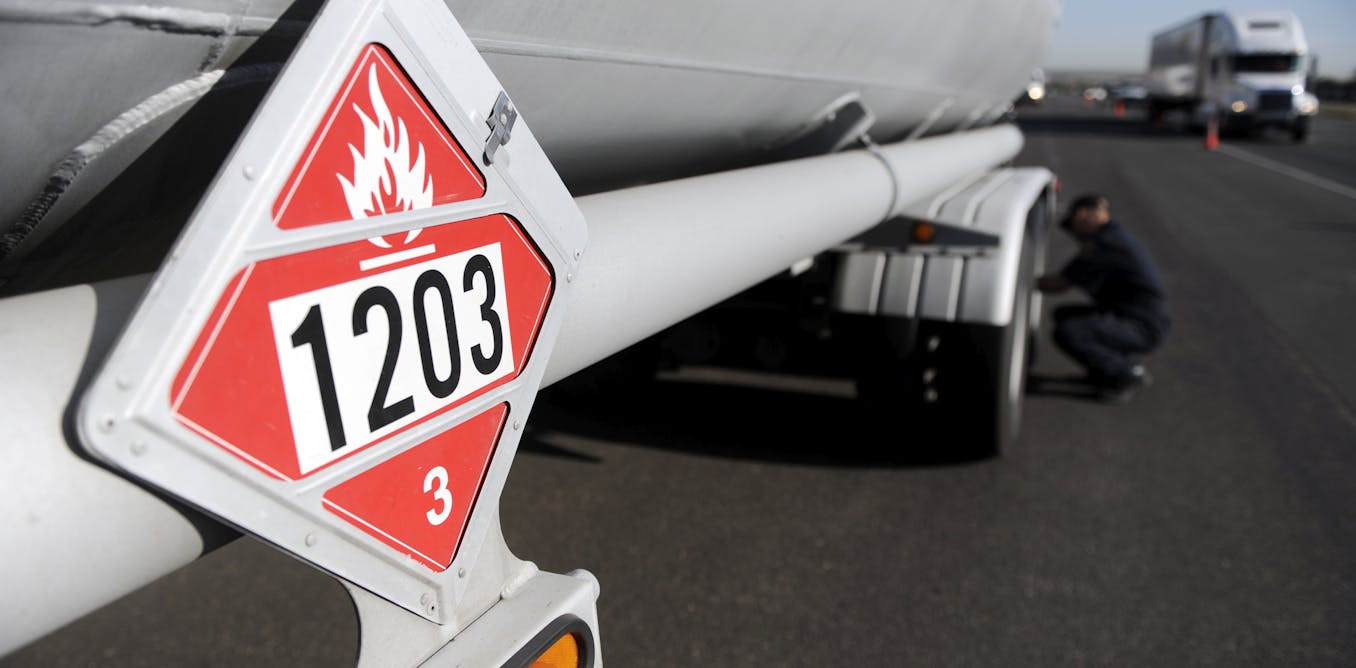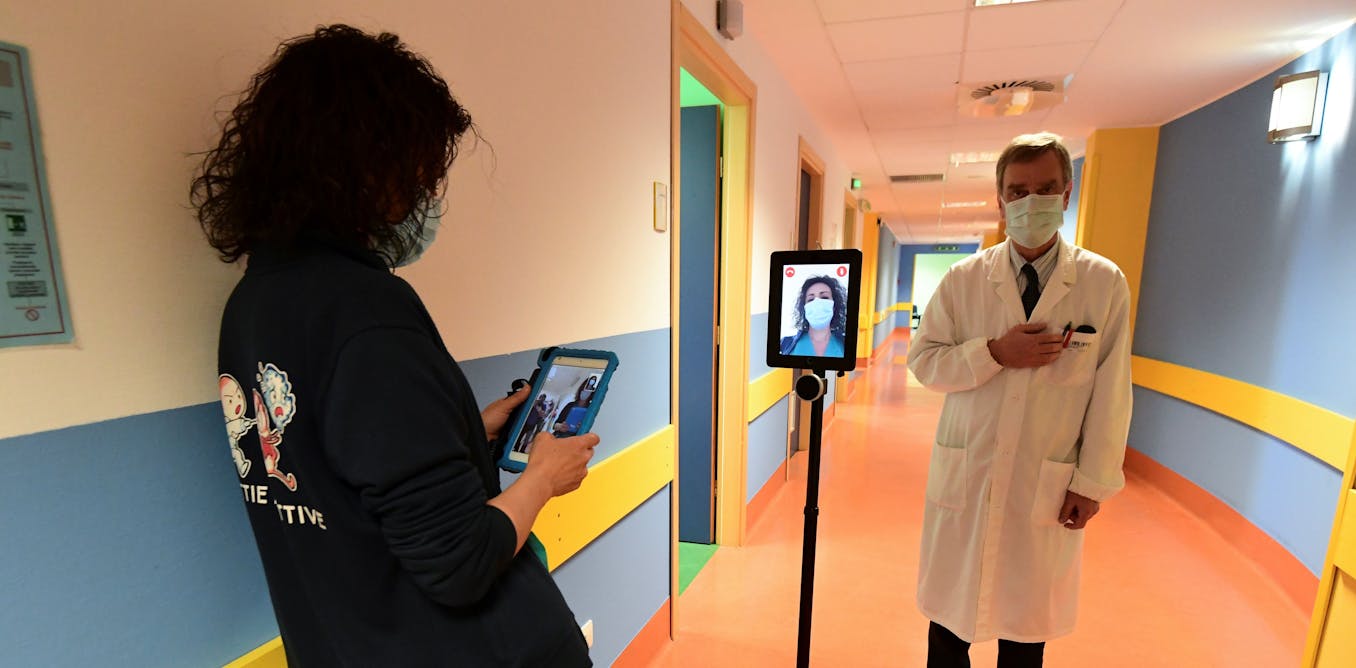Colorado is latest state to try turning off the electrical grid to prevent wildfires − a complex, technical operation pioneered in California
Turning off power is a last-ditch strategy for utilities to reduce the risk that their systems could spark wildfires. In most states, deciding whether to take that step is up to utilities.
April 12, 2024 • ~8 min

